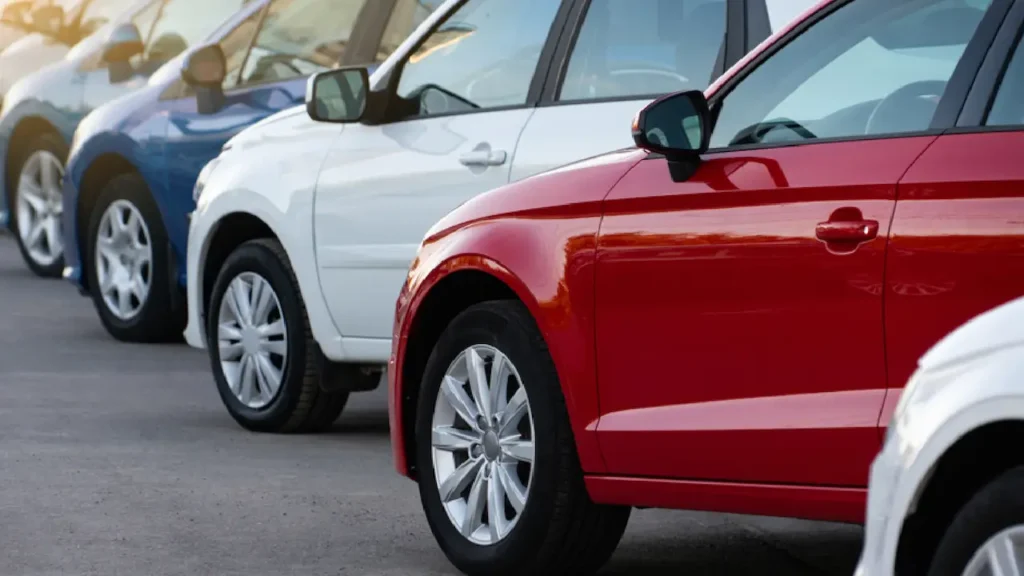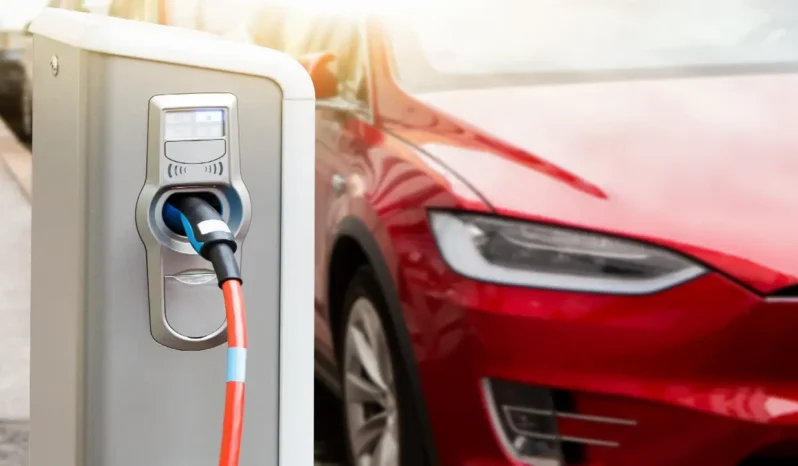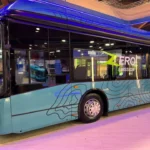Tata Motors, is enticing customers with complimentary charging and substantial discounts, while competitor MG Motor has introduced its inaugural battery rental plan.
Key Highlights:
India’s leading electric vehicle manufacturer, Tata Motors, is enticing customers with complimentary charging and substantial discounts, while competitor MG Motor has introduced its inaugural battery rental plan. These strategies are designed to bolster the sales of electric cars
The utilization of electric vehicles (EVs) has experienced rapid growth in recent years, constituting 2% of India’s annual sales of 4.2 million cars. However, sales growth has begun to stagnate, attributed to high prices and inadequate charging infrastructure by analysts.

MG Motor’s Battery Rental Plan
At a recent launch event for MG Motor’s new electric vehicle (EV) with a battery rental service, Satinder Singh Bajwa, the chief commercial officer, emphasized the company’s commitment to making electric vehicles more accessible. Bajwa highlighted the innovative approach of charging customers based on battery usage, likening it to the way traditional fuel costs are incurred. This marks a significant step as MG Motor, a joint venture of India’s JSW Group and China’s SAIC, aims to address the affordability of electric vehicle technology, particularly the cost of the battery, which is one of the most expensive components.
The “Battery-as-a-Service” plan is priced at 3.5 rupees (4 U.S. cents) per kilometer. However, customers are required to cover a minimum of 1,500 kilometers (932 miles) per month to keep the initial acquisition cost low. This proactive approach is crucial for meeting the current demand in the market.
Innovative Strategies by Tata Motors
In August, Tata Motors (TAMO.NS), the leading electric vehicle (EV) manufacturer in India, experienced a decline in sales, selling only 4,086 EVs, which marked a drop of almost 15% compared to the previous year. This decline has been consistent over the past four months in the world’s third-largest auto market.
In an effort to leverage the upcoming festive season, during which consumer spending increases, Tata Motors announced a reduction in prices by approximately 10% to 20% for its Punch and Nexon models. Additionally, the company is offering six months of complimentary charging at 5,500 stations operated by its power unit, as part of its promotional strategy.
The recent price reductions and promotional incentives represent a strategic move by the company to integrate electric vehicles (EVs) into the mainstream market and expedite their adoption. Specifically, these initiatives have resulted in the price of the popular Nexon model dropping to approximately $15,000, making it comparable to its traditional gasoline and diesel counterparts in terms of cost. Despite governmental efforts to stimulate the uptake of eco-friendly vehicles, the limited availability of charging infrastructure has contributed to the prevailing preference for conventional gasoline and diesel vehicles among Indian consumers.
Market Outlook for Electric Vehicles
Despite the surge in e-scooter sales driven by high demand from e-commerce companies, the annual sales of electric cars remain low, at fewer than 100,000. Nonetheless, companies such as MG Motor, BYD, BMW, and Mercedes-Benz have introduced their own electric car models, targeting India’s growing population of affluent individuals. MG Motor, for instance, recently launched its Windsor EV at a price of 999,000 rupees ($11,900) with features such as a panoramic glass roof, reclining rear seats, six airbags, and complimentary charging at select stations for a year.
ELCTRIK Speaks It’s interesting to see how Tata Motors and MG Motor are implementing innovative strategies to boost electric vehicle sales in India. Tata Motors is offering complimentary charging and substantial discounts, while MG Motor has introduced a battery rental plan. These initiatives are crucial in addressing the challenges hindering the growth of electric vehicle sales, such as high prices and inadequate charging infrastructure.






